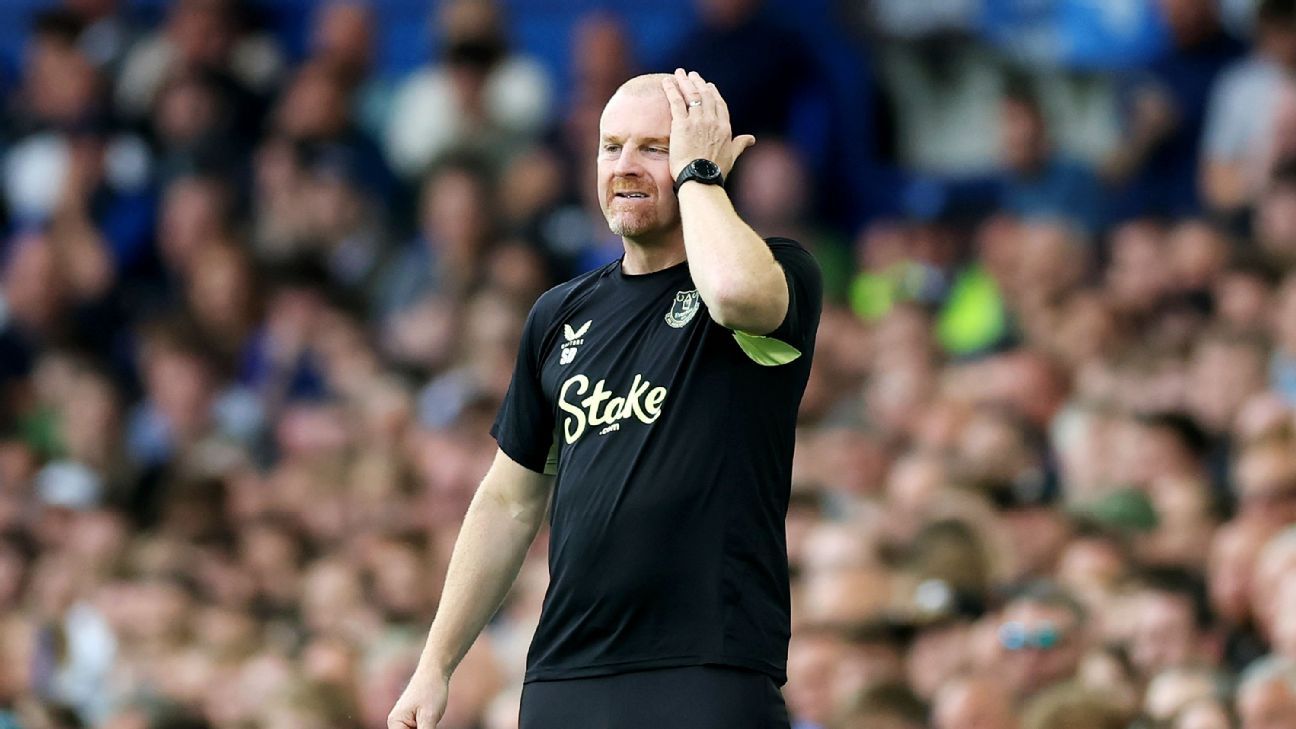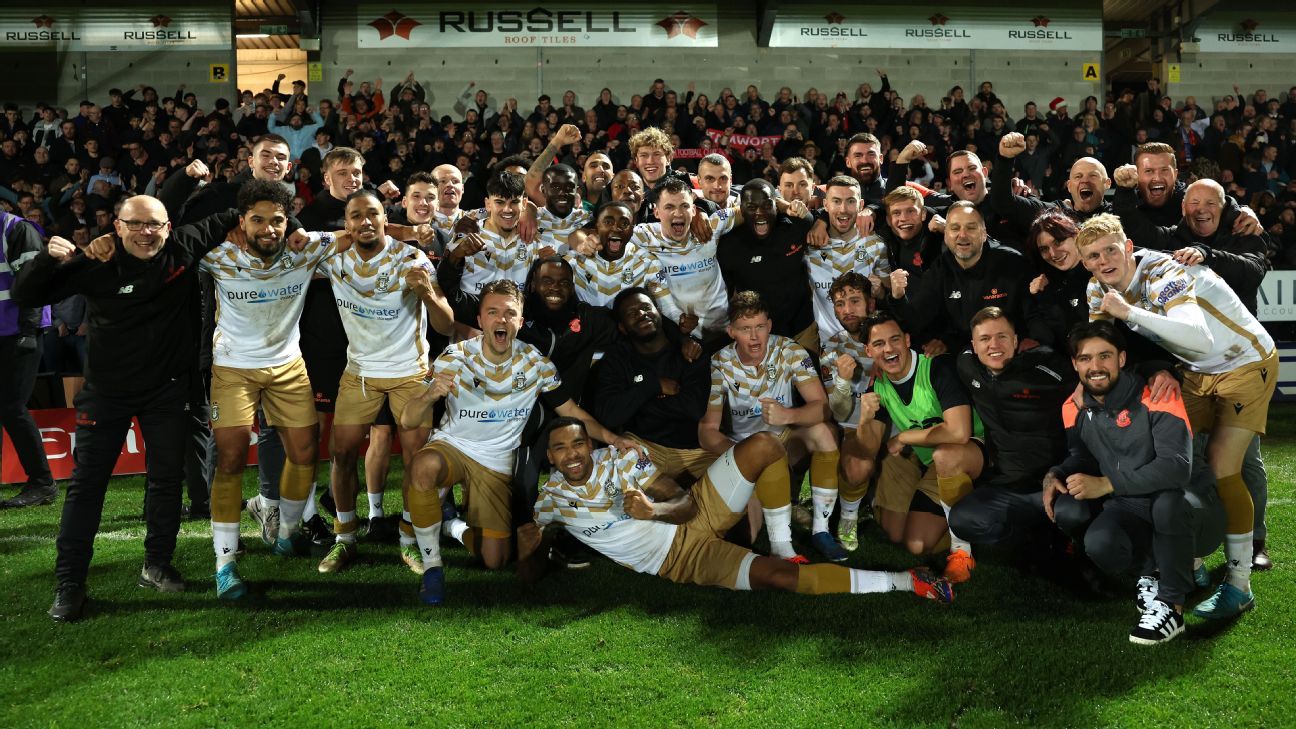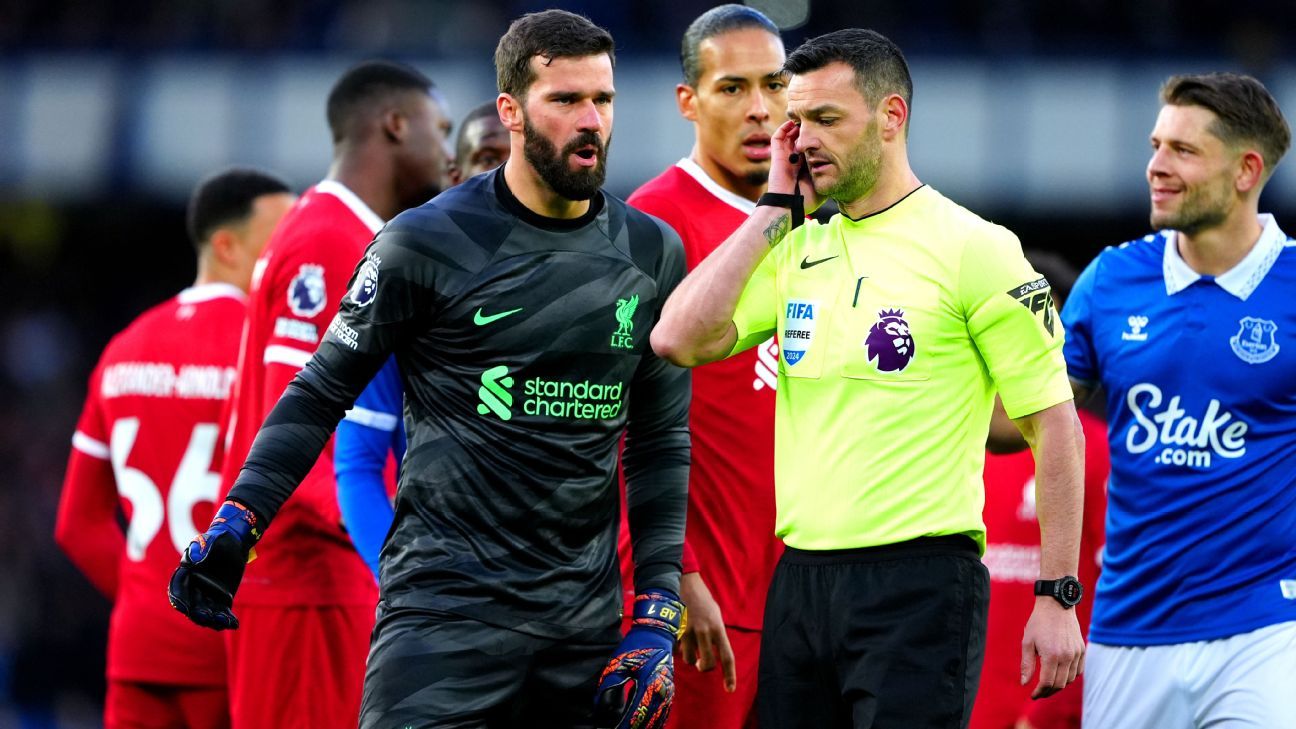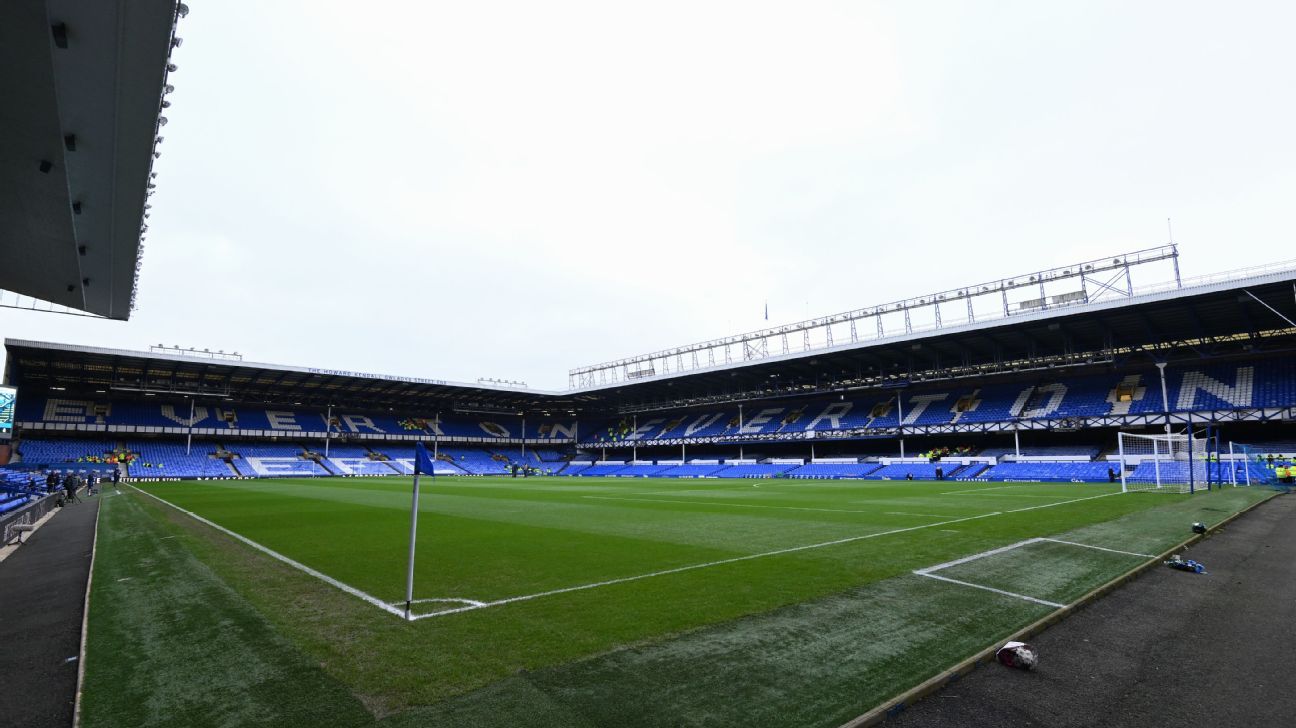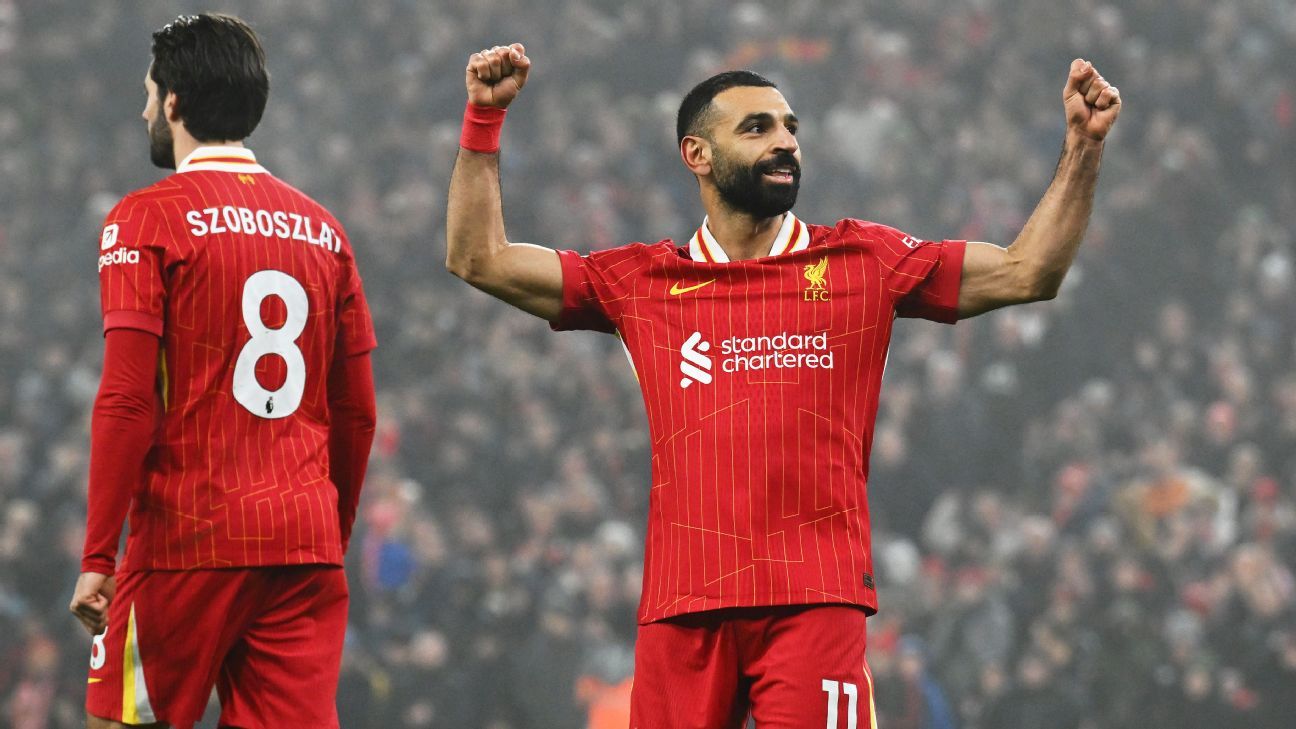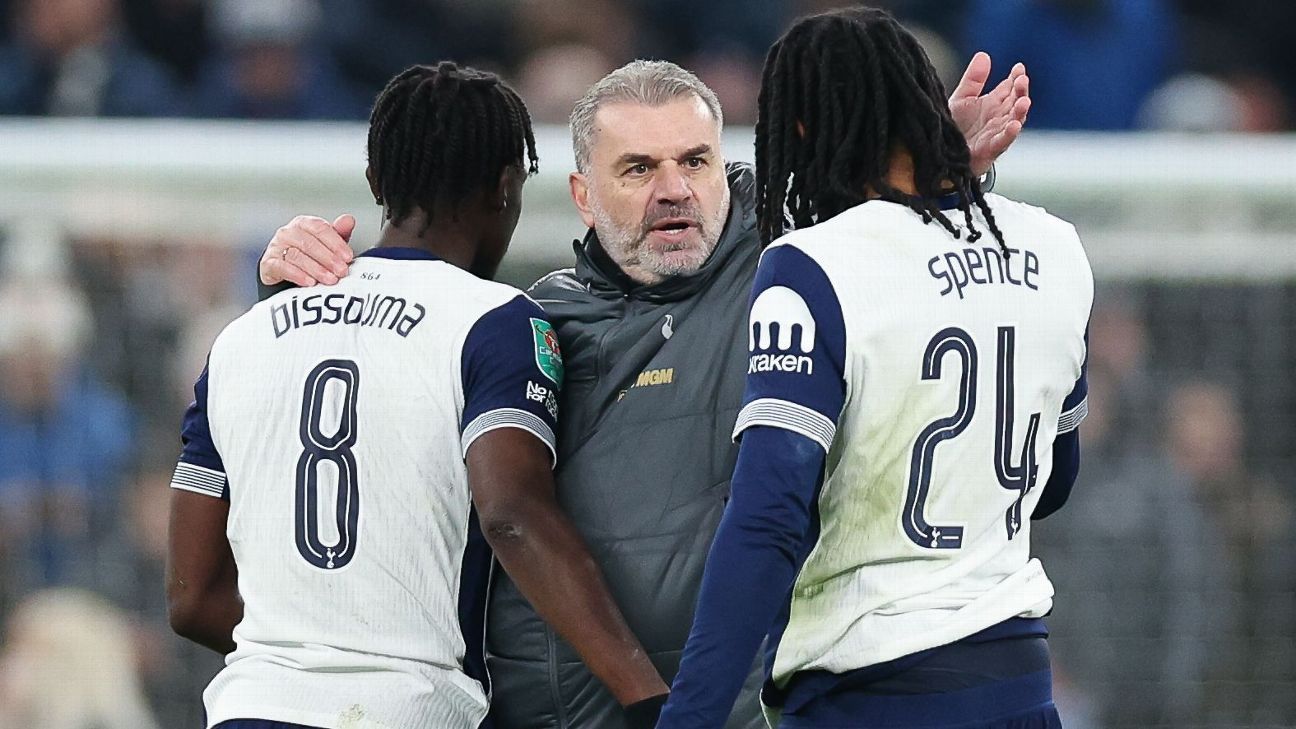
Tim Vickery, South America correspondentAug 27, 2024, 02:52 PM
Predictably enough, Ederson and Alisson were named as the leading two goalkeepers on Friday when Brazil called up their squad for next month's World Cup qualifiers. And they have plenty of company from England's Premier League. Also called up were center-back Gabriel Magalhães, midfielders Bruno Guimarães, João Gomes and Lucas Paquetá, plus winger Savinho who made his Premier League debut this season.
The current captain is right-back Danilo, once of Manchester City, and recalled is Fluminense central midfielder Andre, who could well be a Premier League player by the time the transfer window slams shut. Left out after the recent Copa America were Fulham's Andreas Pereira, Arsenal's Gabriel Martinelli, and Evanilson, who has just become Bournemouth's record signing. Casemiro and Richarlison have also been called up this year, while in action in World Cup qualifiers late last year were Joelinton, Antony, Gabriel Jesus, Matheus Cunha and Joao Pedro. Nottingham Forest center-back Murillo can consider himself unfortunate to have been overlooked.
There can be no doubt, then, about the importance of the Brazilian presence in the Premier League. For younger fans this may seem barely worthy of comment. It's the way it is. But those with longer memories will appreciate the speed of progress. Less than 30 years have passed since Juninho Paulista pitched up at Middlesbrough, when it was initially hard to believe that Brazil's No. 10 would be spending his time in England.
Back in 1995, though, the Premier League was the anomaly. The global market in footballers had been open for business for over a decade. The statistics make this clear. Before 1982, a Brazil World Cup squad had never included a foreign based player. That year, two of the squad made their living in Europe, and it was the same story four years later. By 1990, 12 of the squad -- more than half -- were based abroad, a number that rose to 20 in 2006.
By the mid '90s, Brazilians were shining all over western Europe -- not just in the more obvious destinations such as Italy and Spain, but also in Holland and Germany. And if they could adapt there, then why not England?
The Premier League, then, came late to the party. But it has made up for lost time. The data now shows that since the birth of the Premier League in 1992, Brazil is sixth in producing the most players, behind France, Scotland, Ireland, Spain and the Netherlands. And the numbers are rising.
What, then, is behind the change?
There are factors on both sides of the Atlantic. Back in 1995 -- and here is the surprise of that Juninho deal -- England did not seem an attractive destination for most Brazilian players. The Premier League was rarely on local TV back then. When England staged Euro '96, word spread around the global football community of the bright new stadiums and the atmosphere of growth in the Premier League. Where players had spoken of an ambition to move to Spain or Italy, suddenly it turned into Spain, Italy or England.
Meanwhile, after their return to European competitions in the early 90s, English clubs were coming up against Brazilian players and learning plenty of lessons. They started to see past the stereotype and understand that Brazilian football was not some kind of carnival in boots, restricted only to fancy, lightweight dribblers.
Defying all the old prejudices, the country has become a first-class producer of goalkeepers -- both Ederson and Alisson have been fundamental to the success of their clubs. There are some top-class defenders -- think of the magnificent service, even at the veteran stage, that Thiago Silva gave to Chelsea. And maybe the biggest success stories of all have been central midfielders who have almost been the definition of solidity. Fernandinho with Manchester City and Gilberto Silva with Arsenal were unglamorous but essential, immensely valued by their coaches for their professionalism, work ethic, quiet leadership and footballing sense. They spotted the danger, filled the holes and did what was necessary to help the team.
It is hardly surprising, then, that English clubs have gone back to the well to sign players such as Guimaraes and Gomes, with Andre possibly also on his way. But there has been more interest shown in Brazilian players in all positions, not just gutsy central midfielders.
In the current window, for example, Nottingham Forest have brought in a goalkeeper (Carlos Miguel), West Ham United and Brentford have gone with teenage wingers (Luis Guilherme and Gustavo Nunes respectively) and Bournemouth's Evanilson is a center-forward. He is coming in from FC Porto in Portugal. Many of the others have been signed directly from Brazil -- a growing trend which has two explanations.
First, even minor Premier League clubs have much improved scouting networks. A few years ago, they mostly relied on agents turning up with a DVD. The market has changed. The clubs want the players out of South America as young as possible, to ensure they have time to adapt to life and football on the other side of the Atlantic. This means that the clubs need to have their own idea of the talent that is out there.
It has become easier to bring that talent in since Britain left the European Union, too. The points system used to determine whether players can be granted a work permit has changed to the benefit of non-Europeans. There has been a surge in players coming to England straight from Brazil since 2022.
Arguably, though, the Premier League has still not seen a genuine Brazilian superstar, a glamorous attacking player who stamps his name on the course of the competition in the way, say, of Argentina's Sergio Aguero at Manchester City. Roberto Firmino may have been a vital part of Liverpool's thrilling front three, but it was Mohamed Salah who was the star of the show.
So why has a Brazilian attacker not achieved the same status?
One explanation is that the Premier League is harder, more physical, more intense. The displays of Antony at Manchester United highlight the question. A left-footed winger who plays on the right, in Holland he was able to get past his marker so easily that he could continue the move using his left foot. This has proved much more difficult in England.
Also, the genuine superstars have not been attracted. The lure of the Spanish giants has proved too strong. Pulling on the shirt of Barcelona or Real Madrid puts players in a tradition of glamor that even the biggest English teams find hard to match. After a few bright seasons with Liverpool, Philippe Coutinho effectively wrecked his career with a move to Barcelona that always looked like a mistake. But he simply could not say no -- and the Catalan club also seduced Raphinha.
There was one big name superstar who English football managed to lure away from Spain. Robinho fell out with Real Madrid when it was clear that the club valued Cristiano Ronaldo much higher. He fought to leave, imagined that he was joining Chelsea only to end up at Manchester City. The move served its purpose; it sent a message around the world that City had arrived as top table players. But after an interesting start, Robinho trailed off badly, leaving the Premier League still waiting for a Brazilian to achieve Aguero status.
Might it be Savinho, there in the stadium that Aguero graced for so long? The young winger has certainly made an impressive start. But if it is not him, then someone else will set the league alight -- maybe the extraordinarily talented Estevao, who joins Chelsea next year. Because after a late start, the Brazilian presence in the Premier League is here to stay.
 (1).png)
 4 months ago
6
4 months ago
6
